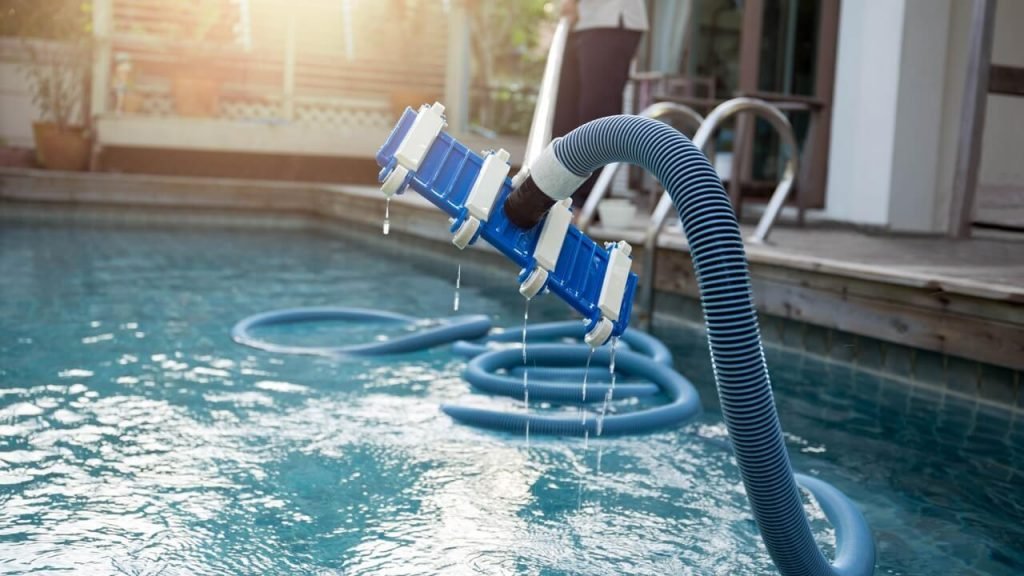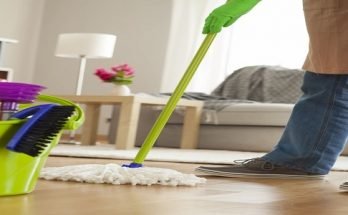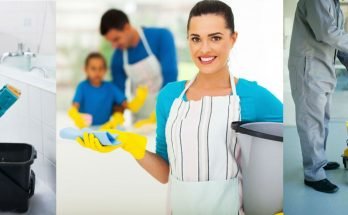Swimming pools are considered a luxury item, particularly if one has one at home. It is the perfect spot to relieve all of the body heat throughout the summer months, yet no one likes sinking their feet into the filthy water. Swimming pool cleaning services are required to keep the pool clean. Because there are so many Pool Cleaning Adelaide, it will not be difficult for people to choose the best one. No doubt, the pool can be maintained using regular cleaning products but for maintaining its hygiene for the long term, it’s essential to go for professional pool cleaning twice a year.
DIY cleaning:

It is best to do it yourself with a “vacuum cleaner”. The “vacuum” is attached to the skimmer box for suction and a rod is used to manually push the vacuum cleaner onto the surface of the pool. This usually takes an hour to an hour and a half and should be done once a week.
Use pool cleaner:
If you want to leave Gunks Couping to someone else, there are plenty of Pool Repairs Adelaide available. Also, make sure everything is working properly and perform the necessary maintenance. Regular visits can cost you several bucks so, it is better to maintain the clean as possible.
Buy a mechanical pool cleaner:

There are a variety of brands available for suction pool cleaners, take advice from the one who has bought pool cleaner earlier. Look for the cheapest and most popular automatic cleaners. The more expensive type is the high-pressure washer, and the cleaning robot is more expensive.
Pool Cleaner:
Pool Chemicals Without regular disinfection, bacteria can grow in all pools and pose a serious health risk. Water replenishment, leaves, grass, dust, and even people grow bacteria. These factors, along with the size of the pool, determine the level of disinfection required.
There are three ways an individual user can chlorinate a pool.
Manually add chlorine manually:
By installing a salt chlorination device that produces chlorine, which is the most common form of household pool chlorination. By installing a liquid chemical dosing device that automatically adds chlorine.
Calcium hardness:
Low levels of dissolved calcium in pool water can corrode pool equipment, and high levels can cause scale buildup. Most swimming pool water quality test kits cannot monitor the hardness of calcium. Instead, you should take a sample of pool water to your local pool store for testing. Do not perform this test more than once a year in areas where calcium levels are not high unless you are disinfecting your pool with calcium hypochlorite.
Test kit:
There are various kits on the market that can be used to test pool water. It’s a good idea to start with a simple “Fourinon” test. This kit tests chlorine levels, total alkalinity, pH, and the acidity needed to balance pH. Alternatively, you can buy an electronic tester that analyses disposable strips soaked in the pool. These strip readers usually cost more.
Hope you found the blog useful for your Pool Maintenance Adelaide, in many regions, salt chlorinator is a popular way of cleaning the pool. To know more about other ways of pool cleaning, consult pool cleaning professionals.




